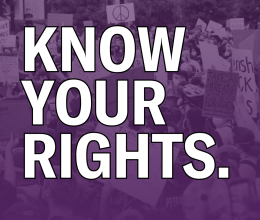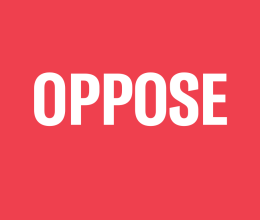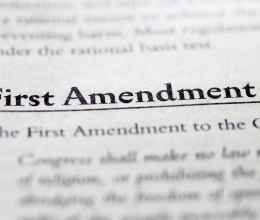Reverand Patrick J. Mahoney wishes to hold small prayer vigils and other peaceful demonstrations on the lower portions of the East Steps of the United States Capitol. The U.S. Capitol Police Board’s regulations, however, prohibit demonstration activity on those steps unless it is sponsored by a Member of Congress, thereby forbidding Rev. Mahoney and other members of the public from engaging in demonstrations on those steps without such sponsorship. So, Rev. Mahoney brought this case challenging the Capitol Police Board’s prohibition, arguing that it facially violates the First Amendment. The district court held that those portions of the East Steps, which members of the public regularly access, are a “public forum” (an area where a higher standard applies for the government to restrict speech), and that the Capitol Police Board’s near-total ban on expressive activities falls short of that standard and therefore violates the First Amendment. As a result, the court entered an injunction prohibiting the government from enforcing the prohibition on demonstration activity on the lower portions of the East Steps. The government appealed to the D.C. Circuit, arguing, among other things, that the court erred in granting “universal relief” and that at a minimum, any injunction must be limited to Rev. Mahoney.
We filed an amicus brief in the D.C. Circuit in support of Rev. Mahoney, arguing that the scope of the district court’s injunction was proper. Specifically, we explain that when a court determines that a law is facially invalid, like the district court did here, it can enjoin the government from enforcing that law as to anyone. This is especially true in the First Amendment context, where the Supreme Court has held that a lower standard applies for facial challenges compared to other types of facial suits because of the chilling effect on free speech produced by laws that facially violate the First Amendment. A facially invalid law is simply not a valid law, and so it should not be enforced as to anyone.



